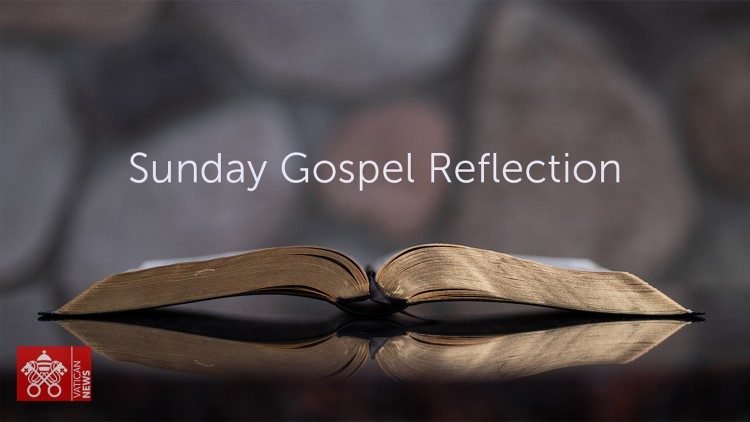As the Church marks Palm Sunday of the Passion of the Lord, Fr Edmund Power, OSB, offers his thoughts on the day’s liturgical readings under the theme: “Power turned upside down”.
By Fr Edmund Power, OSB
Where is true power found? The title of king runs through the passion narrative. But do not think that absolute monarchs are figures of the past: they continue, under different names, to dominate the world of today.
In the Gospel, however, we see the pomp of royalty ironically transformed: the prideful horse becomes a female donkey, busily occupied with her colt; the golden headdress becomes a cap of thorns; the rich mantle a used military cape; the sceptre a tall grass stalk; the throne a couple of planks on a piece of waste-ground outside the city walls.
Does it make you laugh, or cry? Self-sacrifice for the good of others may be considered heroic, but through the cynical eyes of worldly power, it is folly.
Procula: Pilate’s warning wife
This being the year of Matthew, it is his passion narrative that is proclaimed on Palm Sunday.
Each of the evangelists brings particularities to his account. We know the big story but we might meditate on some of the details.
Only Matthew introduces a character found nowhere else in the New Testament and mentioned here in only one verse. We are not told her name.
As Jesus stands before Pilate, the latter asks the crowd if he should release Jesus or Barabbas, for he knew that it was out of envy that they had delivered him up (Mt 27:18).
The text then tells us, his wife sent word to him, “Have nothing to do with that righteous man, for I have suffered much over him today in a dream” (Mt 27:19).
In later eastern Christian tradition, she was given a name – “Procula” – and even venerated as a saint. What we can read into this single verse, however, is that she was a woman of moral sensitivity who followed the events around her; she had, it seems, a relationship of confidence with her husband.
In addition, although probably a pagan, she had the gift of openness to the divine prompting.
Hers is not the first dream in Matthew’s gospel: in the infancy narrative, Joseph has four dreams, in which God tells him what to do, and the Magi too have one. The dream for Matthew has a divine significance.
Power that depends on humility and service
Maybe “Procula” is taking her first small steps of faith, moving towards the mystery that will unfold before her eyes.
We too, on this Sunday, enter Jerusalem in the Lord’s fragile triumph, and will accompany Him on the way of the Cross, to discover anew an anti-power that depends on humility and service, and a death that leads to life.



